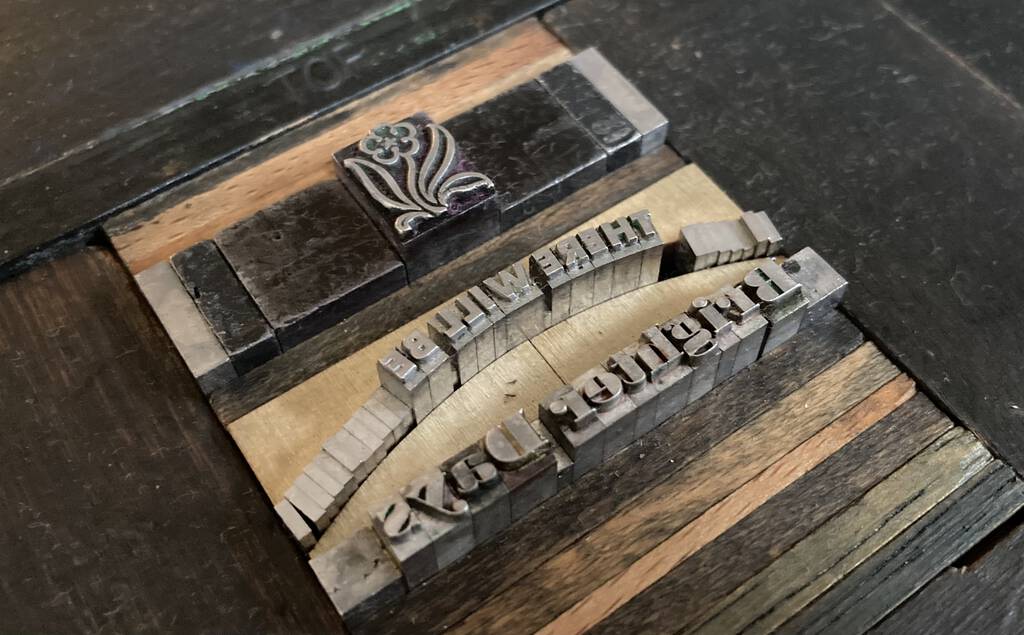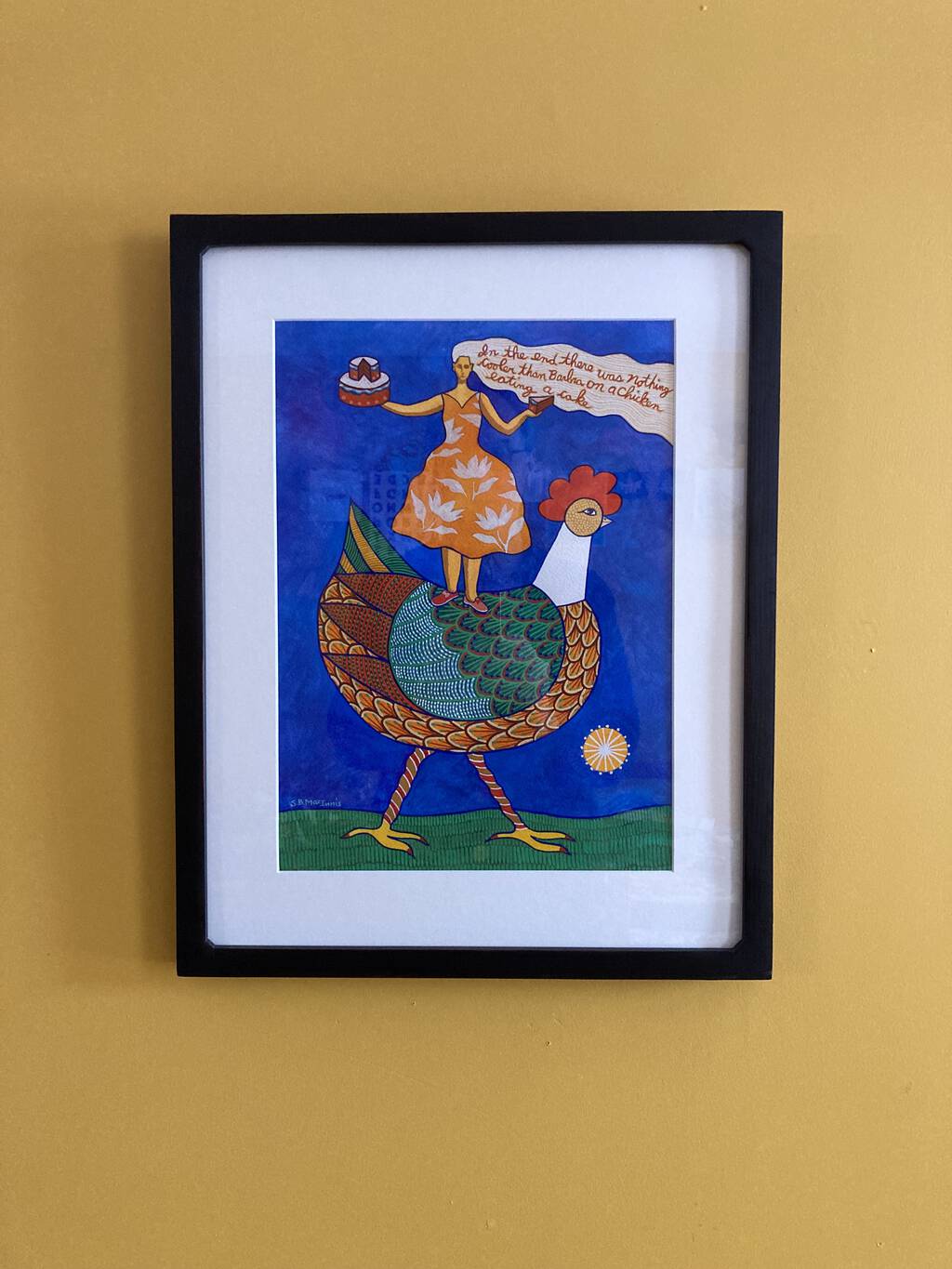During my public school years teachers would frequently write PLO on blackboards as a signal to custodians to not erase what was written, during nightly cleaning—Please Leave On.
That we were all returning home each evening to watch news of the PLO—the Palestinian Liberation Organization—was somehow ignored by everyone but me.
In grade 7 we had an all-school assembly, presented by a farm safety group, to talk about the dangers of the PTO, and getting caught up in it, something the farm kids understood intuitively that was lost on the rest of us.
It wasn’t until much later that I learned it stands for Power Take Off, the spinning gizmo off the end of tractors from which all manner of farm implements can be powered.
Browsing the KitchenAid mixer attachments website today, I realized that their stand mixers have what amounts to a PTO; they call it an attachment hub. You can attach a pasta roller, a sausage maker, or a juice squeezer.
What’s remarkable is that KitchenAid supports “cross-generational attachment compatibility” meaning that attachments from the 1930s can be used on modern mixers.
In an era when phone charger standards change with the season, this is a commendable buttress against obsolescence.
My first coffee in a coffee shop for 2022, a gift of the slight lessening in the march of COVID and the resulting slight loosening of the “stay in your homes and lock your doors.”
Not pictured: one of Angel’s chocolate wafers, which I’d missed.
The coffee—a hand brew by Hai at The Shed—was fantastic.
From this month’s Skyline Type Foundry update:
Last month I spent half a day up on a ladder flaking several years of accumulated type-metal off the ceiling of the foundry. When molten metal escapes from the caster it’s called a “squirt”, and it goes straight up and straight left (sometimes straight right too). The operator, standing in front and slightly to the right, is safe—provided you don’t have your face in the machine at the moment the piston drops (that’s the first thing you’re trained not to do). Almost all squirts are preventable. But they happen—mostly from inattention, or fouling of the stripper spring, which causes a jam-up where the type is delivered from the mold. You gotta to be ready to instantly shut ‘er down if it happens. The Thompson Type Caster was patented in 1907, and is most certainly not idiot-proof. You never take your attention off the machine while it’s in operation.
An easy dessert to make at the last minute, a gift of my friend Silva: chop up some dates, press them into a pan (I used a small spring-form cheesecake pan). Melt chocolate and pour over top. In today’s batch I added salt flakes. Amazing.

In today’s Prince Edward Island COVID briefing we saw Hon. Dennis King at his best, speaking without briefing notes from his heart, about where we’ve been and where we’re going.
It was appreciated.
I sent him a thank you card. Maybe you could too?
I’d resisted asking someone to take a photo of me riding Jack the Horse until today: I was, I think, afraid of what I might look like, afraid of being seen in a position of vulnerability, afraid I’d look like a dork.
But as my confidence has increased, I’m feeling less vulnerable (or simply more comfortable being vulnerable), and I don’t really care if I look like a dork or not.
So I asked Ashley to take a photo of me, and this is the result. Dorky? Possibly. But I’m smiling, deeply and genuinely, and that’s all that matters.
Last year my friend Martin mentioned that he had a friend whose wife had died; as I’d recently started listening to the Widow We Do Now? podcast, and was finding it helpful, I suggested Martin share it with his widower friend.
A week later the word came back, via Martin, from the friend: he’d listened, and found it clearly wasn’t for him.
A few weeks later I saw the putatively-disinterested friend’s name show up in the private “Widow Wives Club” Facebook group, and sometime after that he was mentioned as a new sponsor of the podcast.
Clearly something had changed.
Martin’s friend is Ivan Misner, and he relates this story, and talks about illness, grief, and moving forward, in this week’s episode of the podcast.
This is second only to my casually introducing my friends B. and P., and having them end up getting married, in the annals of my successful unexpected matchmaking.
I returned to the print shop this afternoon to produce my first work for 2022, There Will Be Brighter Days. It’s one in a series of prints that I’ve been making through COVID: Remember Other Places?, Unprecedented, Proof of Life, You Are On Mute came earlier.
As with the earlier prints, is as much a reminder to myself as anything else: with 200+ COVID cases being announced daily, and a neo-lockdown in effect, and the streets as deserted as they were in March 2020, remembering that the snow will melt, the flowers will bloom, and COVID will recess, is helpful.
The paper is 140 pound 25% cotton Fabriano cold press watercolour paper I purchased from The Bookmark today; it’s lovely to print on, and the type bit nicely into it in a most pleasing way. I used Victory Pantone Orange ink, which I call “red” when I’m talking to myself. The cards are 5 by 4 inches.
If you’d like one for yourself, I’ve put them on sale in the Queen Square Press shop tonight.




My friend Stephen B. MacInnis posted a work-in-progress a few weeks ago, a delightful painting that appeared laser-targeted to hit me in the my sense of humour pleasure centres.
So I pre-ordered the completed painting.
And Stephen delivered it today.
I cannot tell you how happy this painting makes me.

 I am
I am